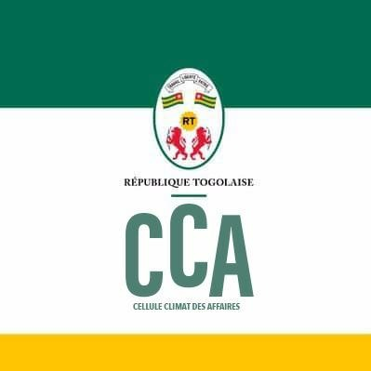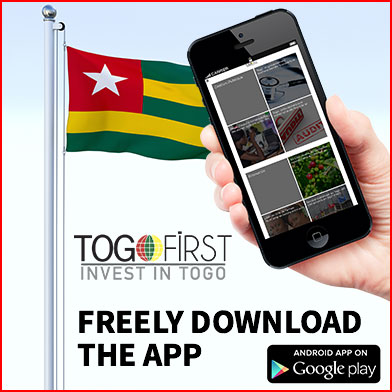Togo To be Featured in the World Bank’s New Report on Business Climate

(Togo First) - The World Bank will release in Spring 2024 a new annual report on business climate, the Business Ready (B-READY) report. Togo, the Bank just announced, will be one of the 54 countries evaluated in the first edition of this report, which replaces the Doing Business.
The new project is at the heart of the World Bank Group’s strategy, and like its predecessor, it aims to assess business and investment climate, ultimately fostering private investment, employment, and productivity. However, the B-READY report also aims to correct the Doing Business’ shortcomings–seeking a balance between the ease of doing business and broader societal impacts.
Hence, the first edition of the report will cover factors like governance, infrastructure, human capital, and innovation. Also, it will consider the impact of external factors, such as climate change and geopolitical risks, on business climate.
"The B-READY project will rely primarily on data provided by private sector experts and involves direct surveys of active, formally registered businesses. For the teams behind this new report, the project goes further than the "Doing Business" initiative in that it will proceed to collect data from a representative sample", said the World Bank.
Regarding the report’s methodology, a team of three to five private sector experts will be set up per country surveyed (two to five for economies with less than one million inhabitants).
The World Bank plans to leverage the report to develop a "comprehensive view of the enterprise". To this end, the Bretton Woods institution will focus on 10 key indicators or themes that run through the entire life cycle of a business entity. These are business creation and location, utilities, employment, financial services, international trade, taxation, dispute resolution, market competition, and insolvency.
Under each theme, the B-READY authors will zoom in on three distinct pillars: the regulatory framework which includes all the rules and regulations businesses must abide by; public utility services, which refers to government measures to facilitate compliance with regulations; and efficiency, which analyzes how the regulatory framework and services are applied, with a particular focus on time and costs.
These pillars or challenges, according to Sandra Johnson, Minister and secretary-general of Togo’s Presidency, extended beyond the framework of the World Bank’s works. “They affect the country's economy in depth, shaping particular aspects of Togolese reality, with a substantive and dynamic dialogue with the private sector,” said Johnson, who also heads the country’s Business Climate Cell–the organization behind the various reforms that improved Togo’s business environment over the recent years.
"With or without the Doing Business, we were already making progress. Since 2020, and despite the health crisis, we have continued along the path of reform, introducing a series of incentives to further facilitate business and attract investment. It's a positive dynamic that we intend to maintain and accelerate. Togo has the assets to stay the course", she confided to Togo First.
Before it was suspended, the Doing Business report ranked Togo among economies with the best business environment. Between 2018 and 2019, the country gained 59 places in the ranking–the best progress over such a short period in the ranking.
Fiacre E. Kakpo

















